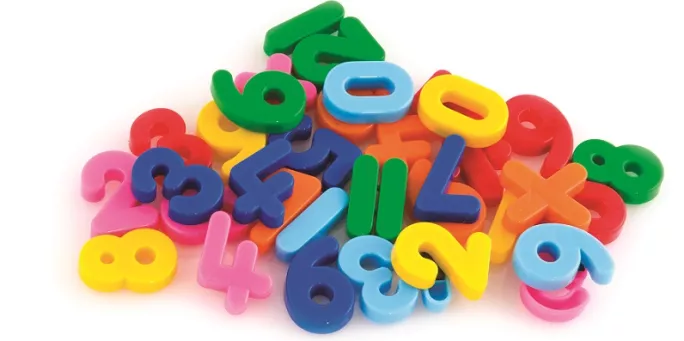How to help primary students become fluent in maths
Fluency is at the centre of the updated National Curriculum for maths. In this context, “fluency” refers to knowing key mathematical facts and methods and recalling these efficiently. Here, primary class teacher Jo Matiti outlines an approach that she has developed to help children achieve this essential fluency without compromising best teaching practice for maths.
It is widely acknowledged that practice, drill and memorisation are essential if students are to become mathematically fluent. However, this poses a challenge for teachers − many of whom are understandably wary of returning to old-school methods that are now synonymous with bad practice.
But it is important to recognise that fluency is not solely about memorising and recalling facts; it also means being able to work flexibly and choose the most appropriate method for the problem at hand. Children do need drilling in the basics, but this can be delivered in an open-ended, rich and engaging way.
So how do you balance the two teaching styles? I have developed an approach called FAST maths to help the teachers in my primary school do just that.
Fluency
You have to understand what fluency looks like if you are to try and achieve it. Consider the following progression: from “working out” to “efficiently generating an answer” to “rapid recall” and finally, the ultimate goal of “instant recall”. The expectations of efficient recall vary per child and per topic. For example, a child may be able to recall their two times table immediately, but efficiently generate their seven times table by counting in steps on their fingers. As long as they are not working it out by laboriously counting in ones, they are recalling these facts efficiently and are demonstrating fluency. So start a session by working out current levels of fluency on the topic at hand.
Accuracy
Mistakes are an integral part of learning, but in these short sessions I want to remind teachers and children of the need to be aware of accuracy. Through all the activities, observational assessment should be used to ensure that children are being accurate. This involves listening to children’s verbal responses, targeting specific children with differentiated questions and checking responses on whiteboards and in jotters. Children should also be given responsibility for self-assessing their own work for accuracy.
Speed
FAST Maths sessions should be brief, pacey and create a buzz of excitement in which children are recalling and using their knowledge efficiently. A short modelling demonstration by the teacher is followed by game-like activities lasting between three and four minutes. The fast pace of these activities, combined with the emphasis on aiming to beat your personal best, makes the session exciting and engaging for children. An example of FAST Maths weekly planning for Year 6 is available on TES to illustrate this.
Test yourself
My recent action-research project showed that children overwhelmingly wanted more challenge in maths. FAST Maths responds to that, giving every child a challenge that is personal to them and is attainable with the right amount of effort. Children write their own maths targets in consultation with their parents and with scaffolding from their class teacher. These targets are specific and achievable within a period of a few weeks. This motivates pupils to work hard and keep pushing themselves towards new goal.
As is often the case in teaching, getting the balance right is crucial. Fluency of facts is essential, but if we teach in a style that suits the development of this fluency, we risk sacrificing creativity and contextual rich maths. FAST Maths is helping us to achieve this balance in my school. We hope it will support our children to become confident and capable mathematicians.
Keep reading for just £1 per month
You've reached your limit of free articles this month. Subscribe for £1 per month for three months and get:
- Unlimited access to all Tes magazine content
- Exclusive subscriber-only stories
- Award-winning email newsletters




